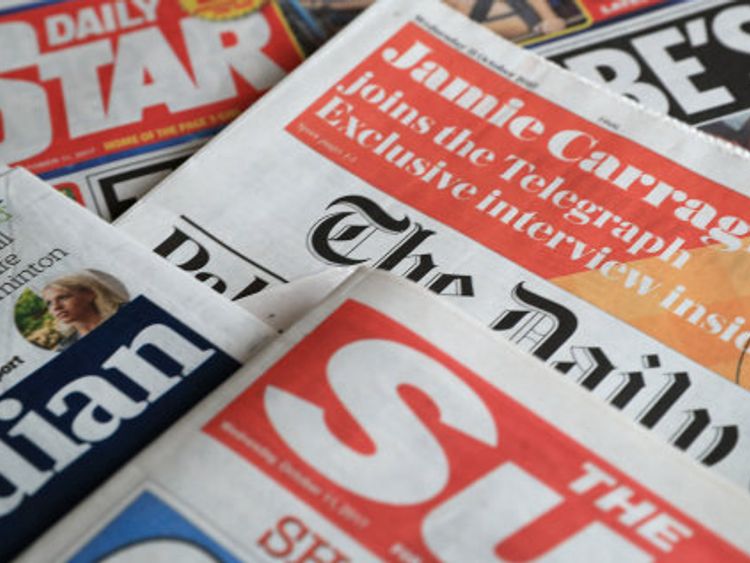Google News is being reworked to function as a personalised news aggregator amid ongoing concerns about its effects on journalism.
The changes were announced in a blog post published on Tuesday as the company opens its annual Google I/O developer festival.
It will tailor the news that people see to their preferences, despite fears of such technologies creating a "filter bubble" where users only see stories that conform to their views.
For news stories that users want a deeper insight into, a "Full Coverage" feature will provide a range of headlines from different sources, as well as videos, local reports, FAQs, social commentary and a timeline if the stories are ongoing.
While the regular news feature will be increasingly tailored, Full Coverage is designed to be the same for everyone.
"It's an unpersonalised view of events from a range of trusted news sources," writes Google, which has been criticised for the news sources cited during pubic events.
:: Financing the news
The new Google News app "uses the best of artificial intelligence to find the best of human intelligence – the great reporting done by journalists around the globe", the company writes.
However, the ways in which that journalism is financed has been challenged by services such as Google News, even as newspapers and broadcasters have moved online.
Google and Facebook is believed to account for between 50% and 80% of all advertising spend on the web – a market which news publications also compete for.
Efforts by both companies to involve themselves in journalism have often been seen as an unwelcome necessity by news organisations, which struggle to gather traffic without a presence on either platform.
Media outlets have complained that without Google's aggregated use of their headlines and snippets of their reportage, Google News wouldn't be able to function as a service.
Journalism trade magazine Press Gazette has launched a Duopoly campaign to tackle the "devastating" effect that Facebook and Google are having on "both the news industry and for society in general".
Google shut down its news service in Spain after a court ordered the company to pay news organisations to use snippets of their stories on Google News.
The Google News Initiative aims to tackle this, and will soon allow people to subscribe to publishers with their Google account and "get access to your paid content everywhere – on all platforms and devices, on Google News, Google Search, and on publishers' own websites".

:: Artificial intelligence?
It is becoming increasingly common for Silicon Valley companies to stress the relevance of artificial intelligence (AI) to products as the term continues to attract investors and customers.
AI has become the catch-all phrase for a range of technologies, some of which fall very short of actual intelligence, even if they are very useful. Many of those technologies are specifically based on machine learning.
Machine learning (ML) is a term for algorithms which are not written by human programmers in their entirety but instead trained to perform activities.
An ML-powered Google News will capture and analyse news stories as they're published over the web and organise them into storylines.
The company added: "This approach means Google News understands the people, places and things involved in a story as it evolves, and connects how they relate to one another."
More from Google
The algorithm will be trained by users telling Google News whether they liked a particular story or not.
The success of the algorithm is dependent on whether it can replicate why people do or don't want particular material to be given to them.
[contf] [contfnew] 
Sky News
[contfnewc] [contfnewc]







